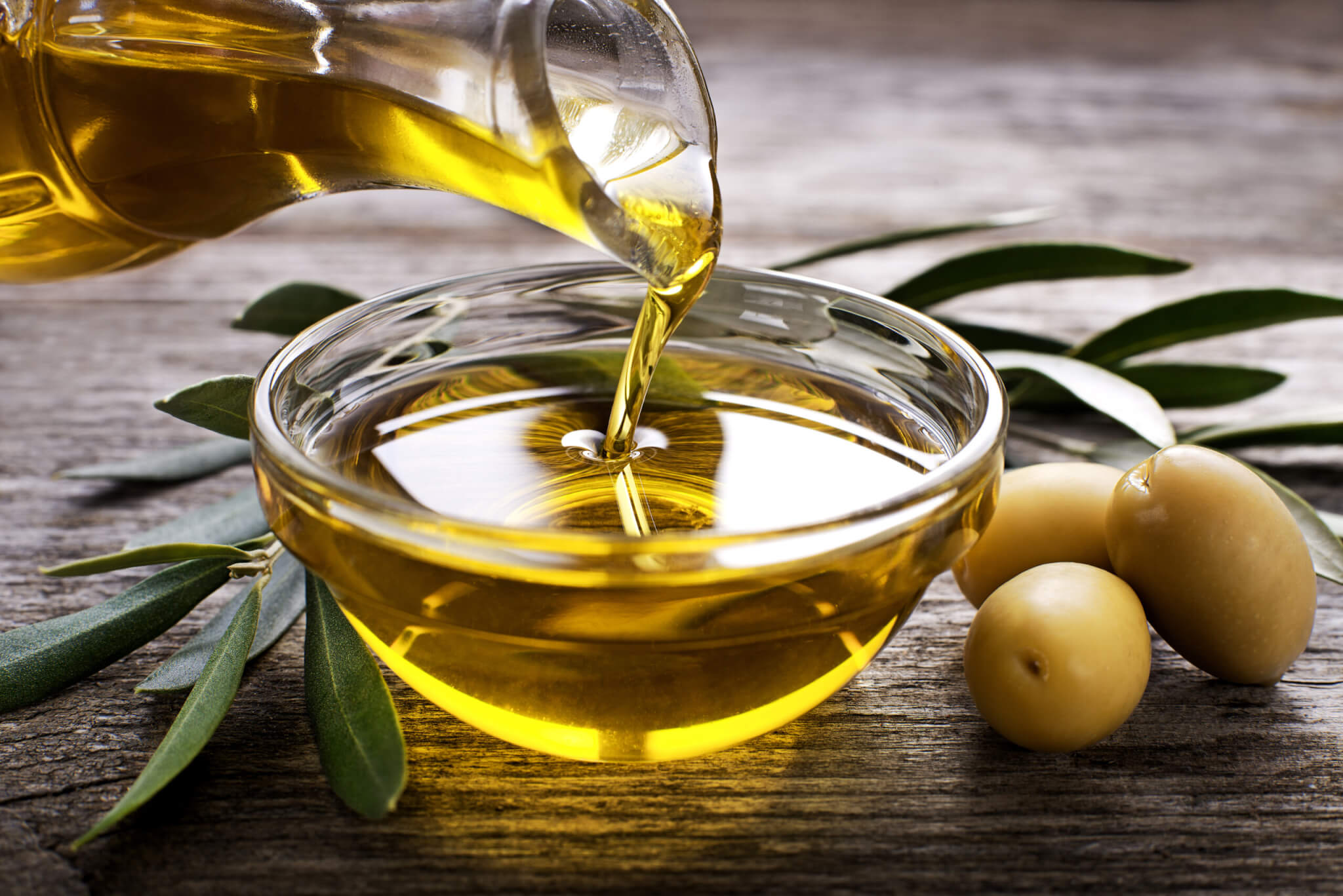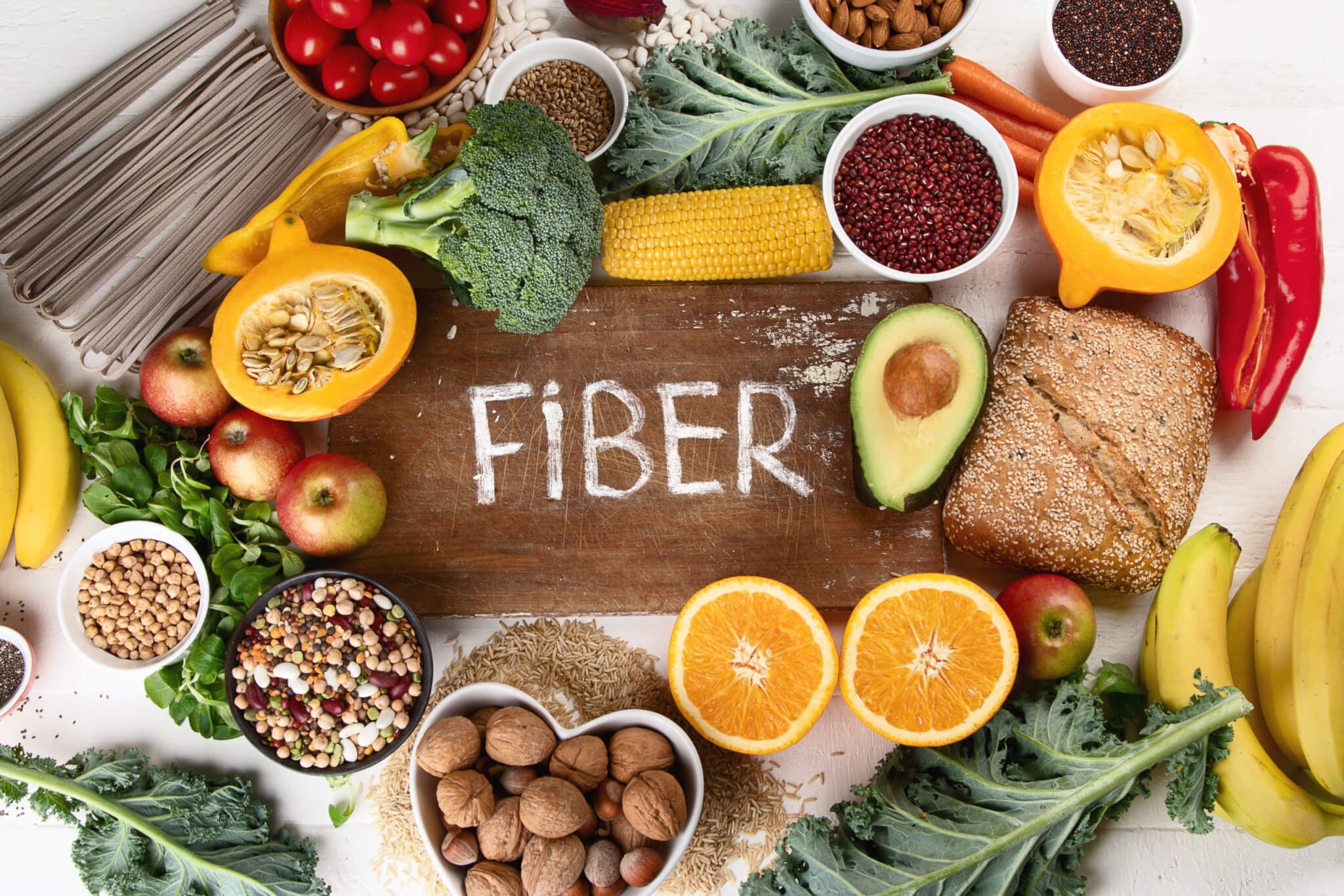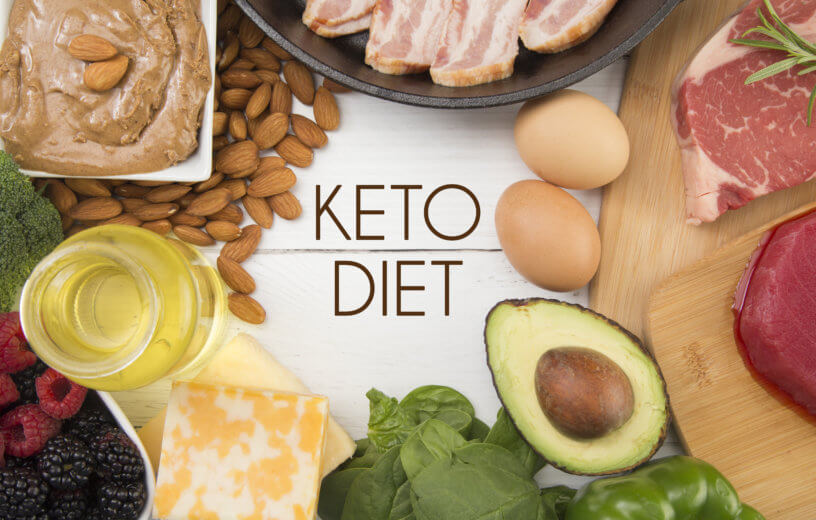People jump on the ketogenic diet with the expectation of losing weight or getting healthier. However, there are just as many people who have tried the keto diet and stopped because it simply didn’t work for them.
The ketogenic (keto) diet is a very low-carb, high-fat, and moderate-protein diet. Carb intake is really low, while fat replaces it to make the body run in a state of ketosis. In this state, the body utilizes fat for energy instead of glucose. Generally speaking, the diet consists of 70 percent fat, 20 percent protein, and merely 10 percent carbs. Originally, the diet started to make waves as a treatment for epilepsy in the 1920s.
Studies also suggest keto diets can potentially help you lose weight and fight against diabetes and Alzheimer’s disease. While the keto diet may not be the best choice for everyone, especially long-term if you’re someone who wants to give it a try, make sure you don’t make the same mistakes that many people do.
3 Biggest Mistakes People Make on Keto
1. Not Eating Enough Fat
On this diet, people tend to focus on eating the least amount of carbs possible while smashing back as much protein as they can. By definition, ketosis is achieved when the body has enough fat to generate energy, not protein. As such, you need to get enough fat so that your body can function optimally while on this diet. Eating lean meats all the time and not including enough healthy fats can impede this process. On a standard 2,000-calorie diet per day, you would need to aim for close to 140 grams of fat per day. Including fats like olive oil, nut butter, oily fish, and tahini can be helpful for better achieving this.

2. Neglecting Fiber
As it stands, nearly 95 percent of Americans don’t eat enough fiber. Current recommendations suggest 25 to 35 grams per day. Going on a meat-heavy diet like keto can make people forget about their fiber needs even more, but it’s very important that you don’t.
People who follow a keto diet tend to inherently limit their fruit, vegetable, and whole grain intake because they all have carbs. However, the amount they have can vary greatly, so it just depends on which foods you eat. Grains are basically off the table because of their carbohydrate content, but there are suitable fruits, vegetables, and seeds that can definitely fit into the keto routine. Avocado, chia seeds, almonds, flax seeds, sunflower seeds, and dark leafy greens are just a few of your choices.
There is mounting evidence showing that fiber can positively impact digestion, blood sugar control, satiety, and even colon cancer risk. Fiber is also uniquely important for lowering high cholesterol, which is commonly seen in patients who follow a keto diet because of the high amounts of fat consumed.

3. Leaving Electrolytes Behind
Regardless of the diet you follow, your body needs to achieve and maintain electrolyte balance. Magnesium, sodium, and potassium are all critical for maintaining proper hydration, acid-base balance, and optimal muscle, nerve, and cell function. Electrolyte imbalance is usually behind the “keto flu,” which is when people on the keto diet start to feel symptoms like fatigue, headache, and diarrhea.
If you aren’t eating some lower-carb fruits and vegetables like avocado and Brussels sprouts, you are likely missing out. Some additional sources are coconut water, bone broth, and salmon. However, none of these sources provide meaningful amounts of sodium. As such, it’s often recommended that people on the keto diet add salt to their dishes regularly.
Bottom Line
The ketogenic diet is not for everyone. However, it may be beneficial for therapeutic reasons as well as weight loss and overall health status, depending on various factors. If you are someone who wants to try the diet, be sure to let your healthcare professional know, and don’t make the same mistakes that a lot of people tend to make on this dieting plan. Keep your electrolytes up, don’t forget about plant-based and fiber-filled foods, and ensure you are eating enough fat for your body to reach and sustain ketosis.
You might also be interested in:
- A Dietitian’s Take: What To Know Before Going On The Keto Diet
- Among 10 popular diets, paleo and keto plans rank worst for heart health
- Keto diet is a ‘disease-promoting disaster,’ researchers warn


Great insights! It’s crucial to address these common mistakes on the keto diet. Ensuring an adequate fat intake, not neglecting fiber, and maintaining electrolyte balance can make a significant difference. Thanks for shedding light on these key aspects for a successful keto journey.